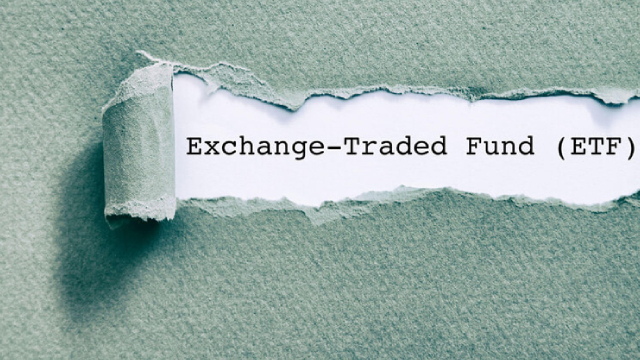Exploring Investment Opportunities Beyond the U.S. Equity Market
In today’s economic climate, many investors find themselves seeking alternatives to the tumultuous and volatile domestic U.S. equity market. With uncertainties surrounding inflation, interest rates, and geopolitical tensions, it’s no wonder that some are looking to diversify their portfolios and spread their risk. In this post, we’ll discuss some potential investment opportunities outside the U.S. equity market.
European Markets
European markets, particularly those in the Eurozone, have shown signs of recovery in recent years. The European Central Bank’s (ECB) quantitative easing program and the subsequent economic stimulus have led to growth in sectors like technology, healthcare, and consumer goods. Furthermore, the region’s large and mature economies offer a degree of stability that may appeal to risk-averse investors.
Asian Markets
Asia, particularly China and India, has long been a source of growth and opportunity for investors. Despite recent challenges, such as trade tensions and regulatory issues, these markets continue to offer attractive prospects. China, with its large and expanding middle class, is a major consumer market that is driving growth in sectors like technology, healthcare, and consumer goods. India, on the other hand, is a growing economy with a large and young population, making it an attractive target for companies looking to expand.
Emerging Markets
Emerging markets, such as Brazil, Russia, India, and South Africa (BRICS), offer investors the potential for high returns. These countries have large and growing economies and offer opportunities in sectors like technology, energy, and natural resources. However, investing in emerging markets comes with risks, including political instability, regulatory uncertainty, and economic volatility.
Effect on Individuals
- Diversification: Diversifying your portfolio beyond the U.S. equity market can help reduce overall risk and volatility.
- Higher Returns: Emerging markets, in particular, can offer higher returns than developed markets.
- Currency Risk: Investing in foreign markets exposes investors to currency risk, which can impact returns.
- Regulatory Risk: Investing in emerging markets comes with regulatory risk, which can impact the profitability of investments.
Effect on the World
- Global Economic Growth: Diversifying investment beyond the U.S. can help promote global economic growth and reduce dependence on any one market.
- Geopolitical Tensions: Geopolitical tensions, such as trade disputes and political instability, can impact investment opportunities in various regions.
- Regulatory Environment: Changes in regulatory environments, such as tax laws and trade policies, can impact investment opportunities.
Conclusion
In conclusion, investors looking to diversify from the tumultuous U.S. equity market have a range of options to consider, including European markets, Asian markets, and emerging markets. Each region offers unique opportunities and risks, and investors should carefully consider their investment objectives, risk tolerance, and the specific economic and political conditions in each region before making any investment decisions.
It’s important to note that investing in foreign markets involves risks, including currency risk, regulatory risk, and political instability. Therefore, it’s crucial for investors to conduct thorough research and consider seeking the advice of a financial advisor before making any investment decisions.





